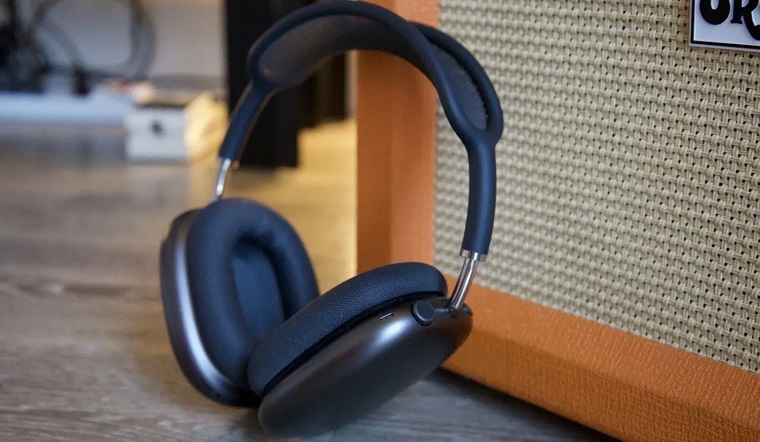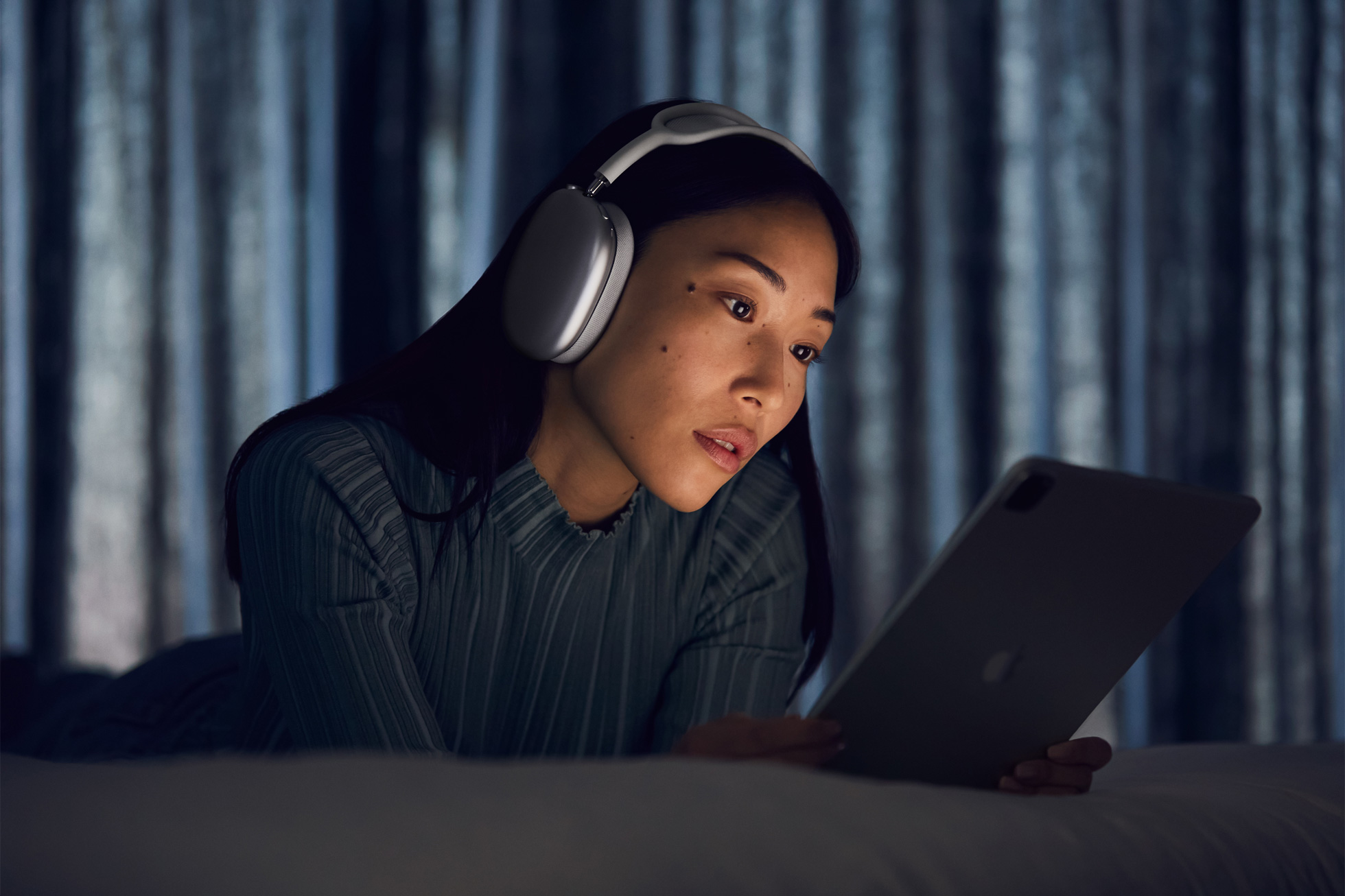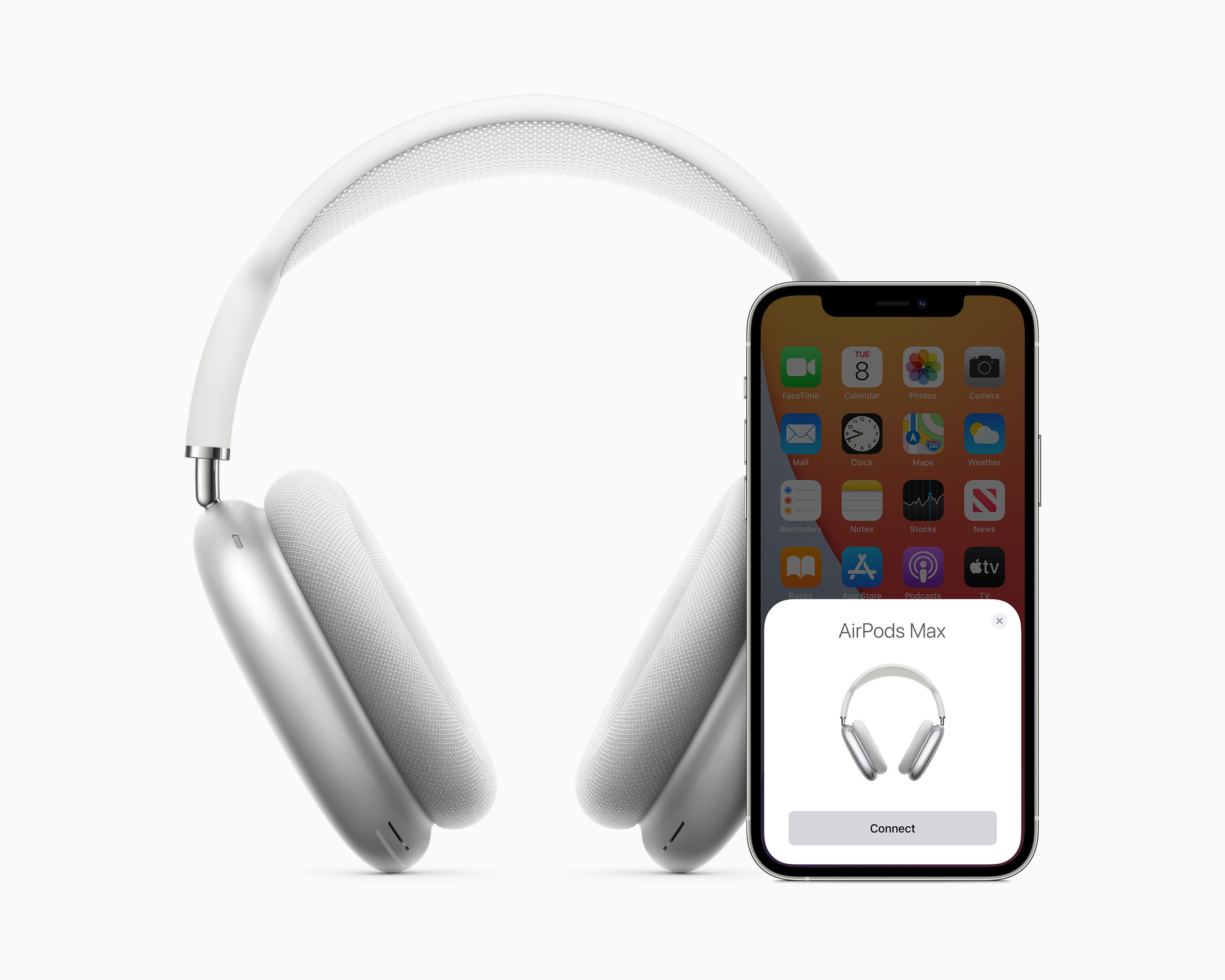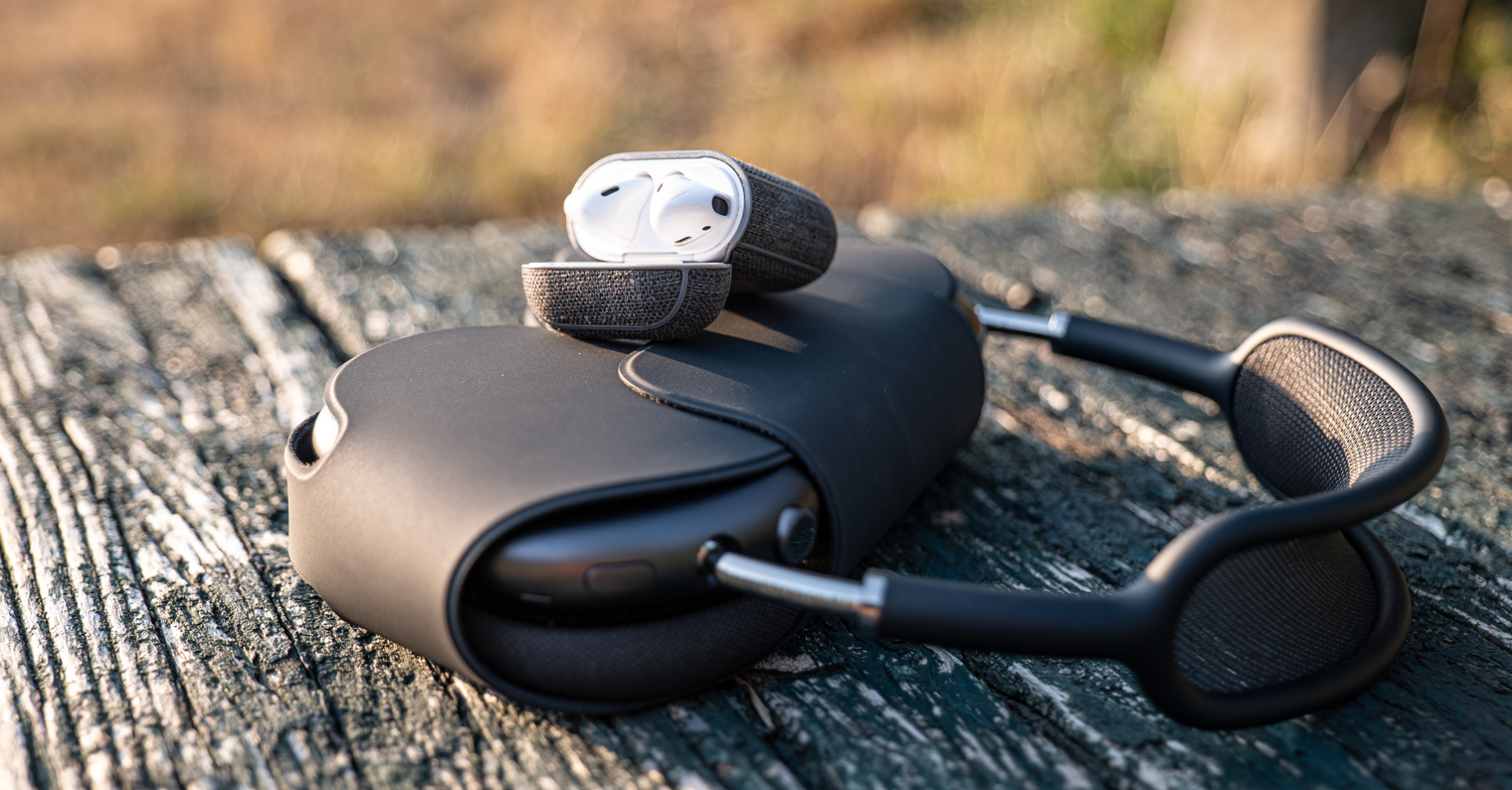Recently, Apple has been facing quite sharp criticism from the apple lovers themselves. The main problem lies in the AirPods Max headphones, which after the latest firmware update are faced with a rather unpleasant reality. The update made their ANC (active noise cancellation) capabilities worse. However, it is not officially known why something like this happened at all, or if it is not just a simple mistake. Apple is simply silent. However, quite interesting information came to the surface, according to which they could explain many things.
It could be interest you

The degraded quality of active noise cancellation was even confirmed by RTings.com testing. According to their results, the noise blocking has worsened especially in the area of midrange and bass tones, which began to manifest directly after the last firmware update, which was released this May. It is therefore not surprising that apple lovers were taken aback by this news. Practically immediately, a number of speculations also appeared with an explanation of why something like this actually happened. But as it now turns out, a much more serious problem is to blame, which Apple is fighting behind so-called closed doors.
Why did the ANC quality deteriorate?
Let's therefore quickly go through the most common theories why the Cupertino giant decided to reduce the quality of ANC itself by updating the firmware. Of course, the first opinion that appeared was that Apple is acting this way on purpose and is practically preparing for the arrival of the next generation of AirPods Max. By reducing the quality, he could artificially create the feeling that the successor's abilities are much better. This theory spread the fastest ever and practically caused why users were so outraged by this change. But as we mentioned above, the truth is quite possibly somewhere else. Interesting news is starting to emerge about a lawsuit between Apple and a patent troll, which could be the main reason threatening technology for active noise cancellation.
An important role in this is played by Jawbone, which already developed technology for active noise suppression at the turn of the millennium. However, this company has been in liquidation since 2017, due to which all its technologies passed under the patent troll named Jawbone Innovations. And he immediately decided to act. In relation to available patents, he began suing leading technology companies for misusing the technology without paying royalties. Apart from Apple, Google, for example, faces practically the same problem. Specifically, Jawbone Innovations sued Apple in September 2021 for misusing a total of 8 patents for ANC, which the Cupertino giant wrongly uses in iPhones, AirPods Pro, iPads and HomePods.

This may be the original question of why Apple decided to degrade the quality of active noise cancellation. Just one month after the lawsuit was filed, the first firmware for the 1st generation AirPods Pro was released, which also reduced the quality of ANC. Now the same story has happened with the AirPods Max model. It is therefore possible that Apple is trying to circumvent these specific patents at least with a firmware change. At the same time, given the whole controversy, it is quite possible that the giant has therefore undertaken a number of its own hardware changes that allow it to avoid these problems and still offer quality active noise cancellation. Such an explanation is offered when looking at the relatively new AirPods Pro 2nd generation headphones. It came with an up to twice better ANC regime.
What will be the solution
As we mentioned above, the entire dispute is practically conducted behind closed doors, which is why some information cannot be verified. However, given that, the most likely explanation seems to be that Apple is actually trying to circumvent certain patents by changing the firmware to avoid problems in the aforementioned patent troll dispute. On the other hand, this does not mean that we are going to take a step back in the field of active noise cancellation. As already mentioned, in the case of AirPods Pro 2nd generation, the giant may have come directly with a hardware solution, which gives us some hope for the future.
It could be interest you

 Flying around the world with Apple
Flying around the world with Apple 



… so one patent troll is trying to o…at another patent troll….
Great, and I was thinking, why all of a sudden the mountain is so useless... so a person buys something with the idea that it somehow works... well, Apple screwed him over during use... but they won't refund him any of what he paid????! Absolute disgust!
I am experiencing something similar with the Garmin 6x pro watch. The last big update removed absolutely essential functions for me and completely improved the functionality of the entire watch to the worst. At least 5 new system errors appeared and no one did anything about it. I reported everything and consulted with support and it didn't lead to anything. It is not possible to return to an older version of firmware pry, because Garmin updates only improve, remove errors and add new functions. Friends and the woman with the F6 model are also quite disappointed. You buy something for almost 20k and after a year, due to an update, you have something completely different and worse that you should never have bought.